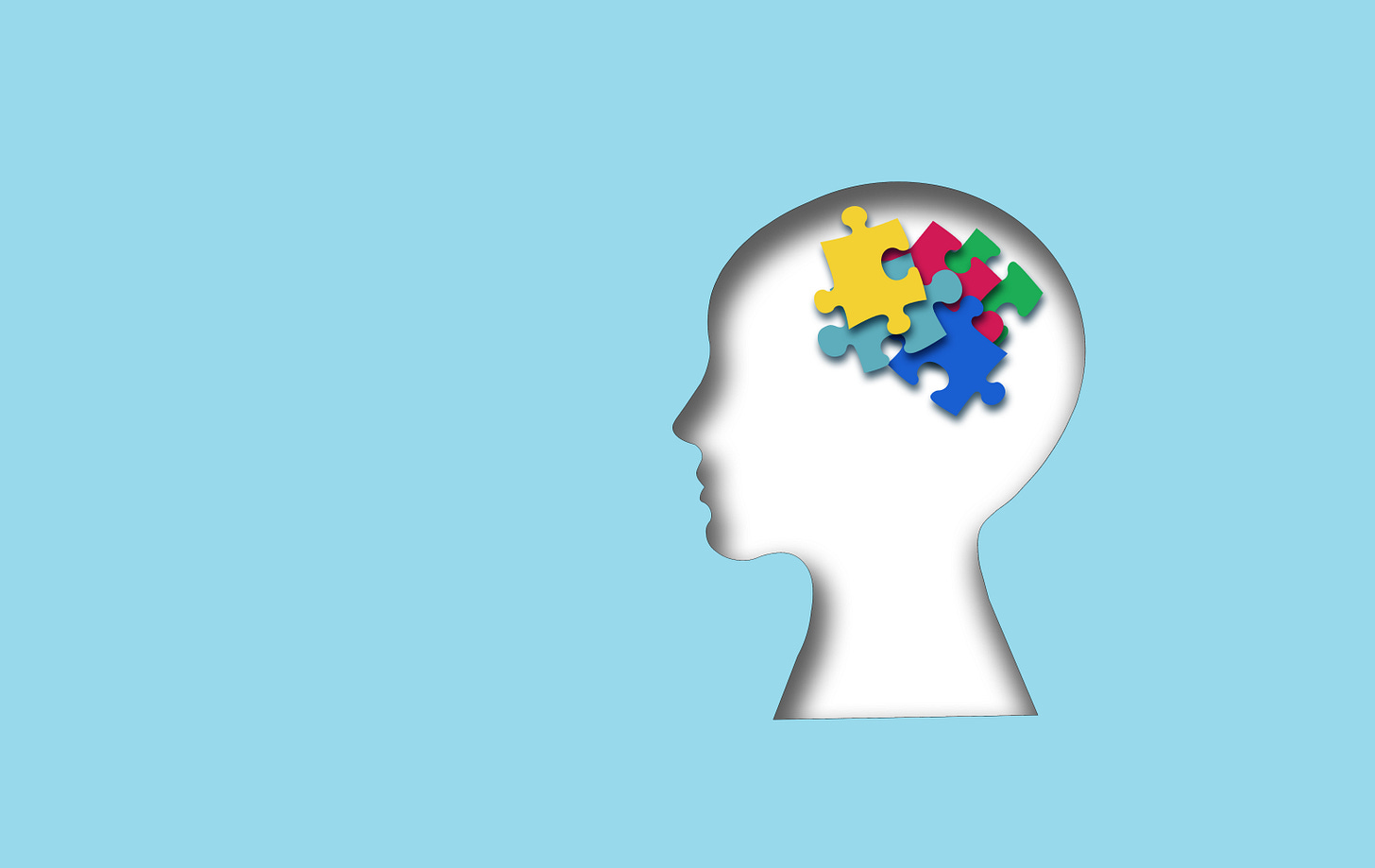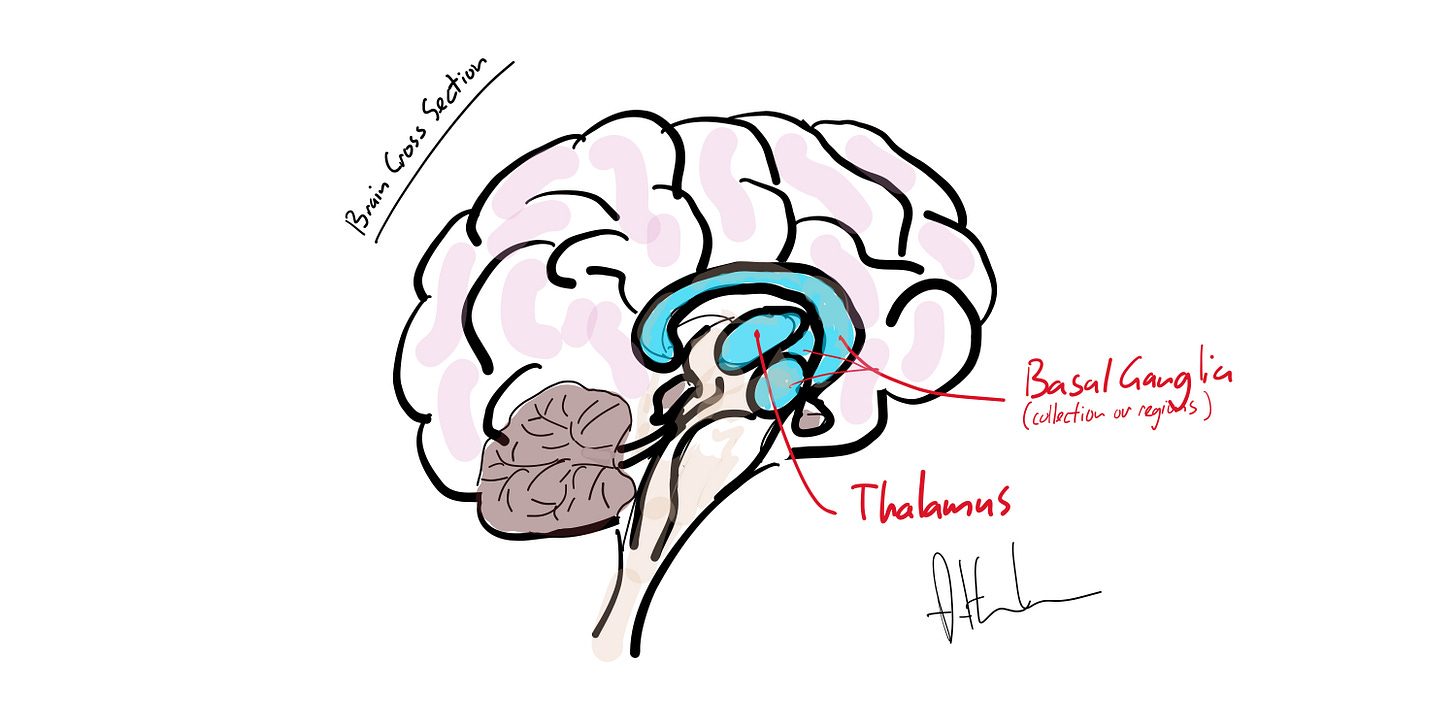Research Hit: Why our Brain Can Only Remember a Few things at Once
New research into the reasons behind the limitations of our short-term memory
Are you talking about the “five plus or minus two rule”?
Yes, that is the principle of our short-term memory also known as working memory. This is when we hold something in our head for a short period of time such as trying to remember a PIN code.
Research has shown that we can only remember a few items. Precisely the “five plus or minus two rule” i.e. between three and seven things. You will notice that we have in modern society stuck to PIN numbers that are six digits long that fall into this range.
And why?
That is precisely the question that Aneri Soni and Michael Frank of Brown University asked. We can remember vast amounts of information in our long-term memory so why this bottle neck of only a few items in short-term memory?
To do this they built a new computer model of the basal ganglia and the thalamus, which are directly involved in working memory, and ran various simulations.
Can we simulate the brain in a computer?
AI, learning algorithms, and computer modelling are getting ever more sophisticated and have helped with multiple insights and discoveries in recent years. But not the whole brain. Normally the models are used to investigate various mechanisms and then these form the basis of experiments or studies in real brains.
In this case though, the model was built based on research in human beings showing how they “chunk” pieces of information together for later retrieval.
What did they find?
They found that this apparent bottle neck is not a bottle neck per se but a limitation to using memories. i.e. if we remember more information it can be stored but retrieval and the above-mentioned “chunking” becomes less reliable and less accessible.
So we have this limit to help us store memories and access them more efficiently
Precisely - if there were more pieces of information they brain couldn’t sort and hence use the information so the limit seems to be a biological limit to help make long-term storage and access more effective.
But what about those people who can remember long lists?
Obviously there is natural variation between us human beings with some having better working-memory. When it comes to memory champions these people use techniques to store memory such as making lists linked to body parts - this uses current models and memories to help access new information so is not the same as working memory. But these memory champions have mightily impressive abilities.
A side note is that this research also focused on the role of dopamine. And this also raises other additional ways this knowledge could help us. For example Parkinson’s involves degeneration of dopamine producing neurons - though considered a movement disorder this may also focus on other less researched issues and interventions.
Good to know - but for now it is good to remember only a few things because this means we can actually use this information later.
Precisely.
Reference
Aneri V Soni and Michael J Frank.
Adaptive chunking improves effective working memory capacity in a prefrontal cortex and basal ganglia circuit.
eLife, 2025 DOI: 10.7554/eLife.97894.2





